May 14, 2025 | 10:03 GMT +7
May 14, 2025 | 10:03 GMT +7
Hotline: 0913.378.918
May 14, 2025 | 10:03 GMT +7
Hotline: 0913.378.918
As a livestock enthusiast, Tran Van Tuan (Dong Lien commune, Thai Nguyen city) met his fate with the pigs 10 years ago. Starting from five porkers with the desire to just have enough to live, over time his farm expanded. At the peak, Tuan's farm had nearly 400 porkers, creating jobs for 5 local workers. Thanks to the pig, he built a large house, bought cars, and brought his children a good education environment.
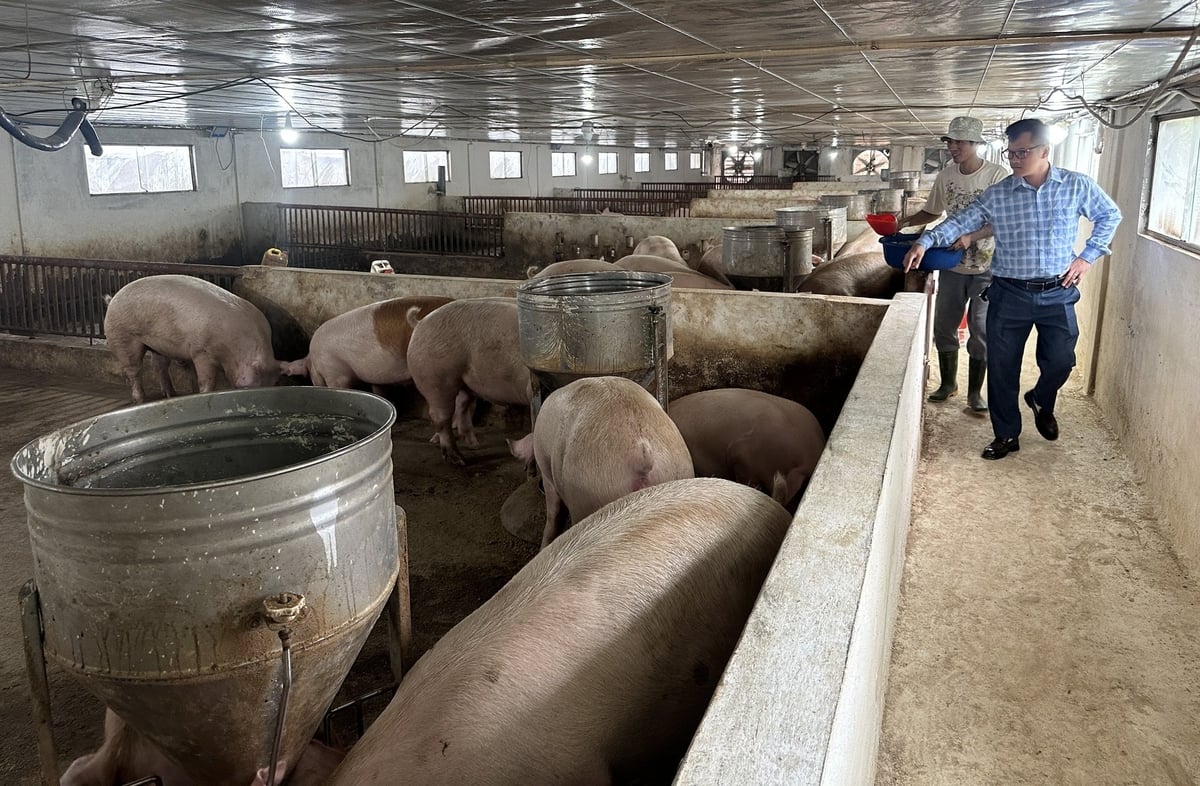
The pig farm utilizes green tea powder of Tran Van Tuan in Thai Nguyen. Photo: Quang Linh.
However, hardship creeps in when life looks its brightest. The African swine fever virus swarmed Tuan's farm, causing 300 pigs to die and costed him nearly VND 5 billion. Not discouraged by difficulties, Tuan was determined to rebuild from the beginning and considered this an opportunity to restructure production, change the direction to follow the sustainable biosafe process.
Finding information in the press and scientific seminars, Tuan learned that Thai Nguyen province was replicating the process of raising pigs by utilizing natural feed and adding green tea which showed many benefits. With the support of Thai Nguyen City Agricultural Service Center, his farm successfully applied the process and was able to sell the first litter.
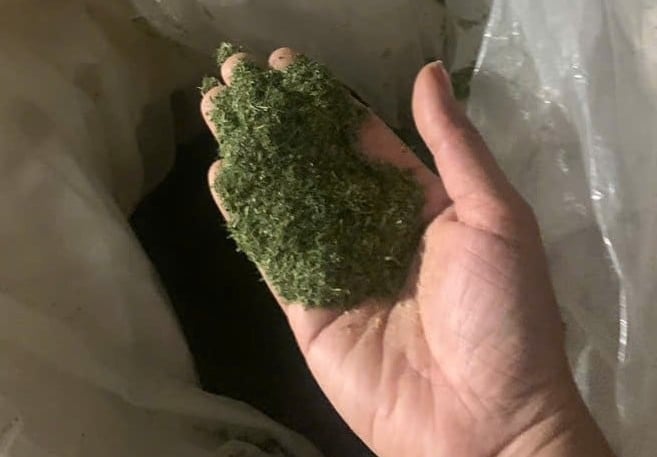
Thai Nguyen is using green tea powder in pig farming. Photo: Quang Linh.
Green tea powder is made from ripe tea leaves, the by-products after harvesting tea buds. Tea leaves are dried two times at a temperature of approximately 65 oC and then ground into powder. Green tea powder is normally stored in a sealed, dry plastic bag, thereby avoiding contamination.
“The method of mixing feed and fermenting microorganisms helps effectively quicken the livestock’s food conversion process, increases its resistance, and significantly limits intestinal diseases,” said Dao Thi Kim Quy, Director of Thai Nguyen City Agricultural Service Center.
Step 1: Prepare 40 l of clean water and pour into the tank, add 3 kg of rice bran and 3 kg of corn bran to the water tank, stir well. Add 500 gr of probiotics to the water tank, stir well. The probiotic solution tank activates the yeast in 1 - 2 hours. Proceed to ferment the feed.
Step 2: Prepare the ingredients in proportion. Use the mixer to mix the ingredients in order from the largest to the smallest mass. Put the corn bran into the mixer, then add the rice bran, turn on the machine, mix the above two ingredients well. Continue to put the soybeans into the mixer, mix well.
As for ingredients of small quantities (green tea powder, minerals, vitamins, salt), mix first with crushed corn to increase the volume, then mix with other ingredients to ensure even distribution in the feed mixture.
Step 3: Slowly add the prepared yeast solution into the mixer, mix for 3-5 minutes. Check the parts where the feed is not moistened or stays lumpy, mix again thoroughly.
Step 4: Move the feed mixture to a container to ferment the probiotics, leave it for 1 - 2 hours, then use a plastic bag to seal the mouth of the feed fermentation container, secure it with a rubber band, close the lid and store for 1 - 2 days, then check the fermented feed to see if it meets the requirements: the feed has a fragrant, slightly sour smell, is not moldy, and does not have a foul smell. The mixed fermented feed can be used for 3 - 5 days.
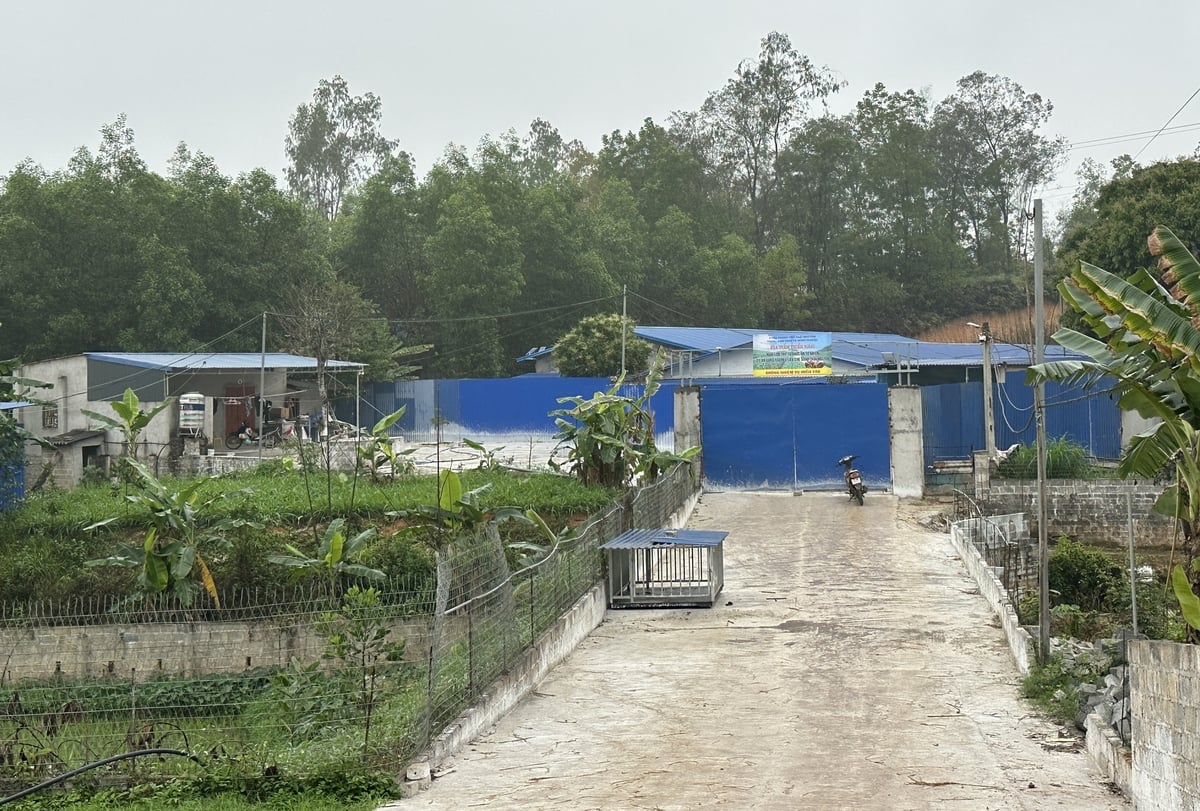
The livestock farming area is far from residential areas and external access is restricted. Photo: Quang Linh.
Since switching to the process of raising pigs for meat using feed supplemented with green tea, Tuan has noticed a significant change. The pigs eat well and almost do not suffer from intestinal diseases. The areas inside and around the farm have less odor. Although it takes 1.5 months longer to raise pigs fed green tea powder compared to the traditional way, the selling price is always much higher, currently reaching VND 110,000 /kg of live hogs.
Green tea powder helps increase lipid metabolism, improving the quality of pork. The thickness of back fat is thus reduced and the lean meat ratio is increased. "The secret to helping pigs grow quickly and be disease-free is to feed them green tea powder in many meals. We only give them enough feed every meal, providing 3 - 4 meals a day based on the growth stage to stimulate their appetite," Tuan said.
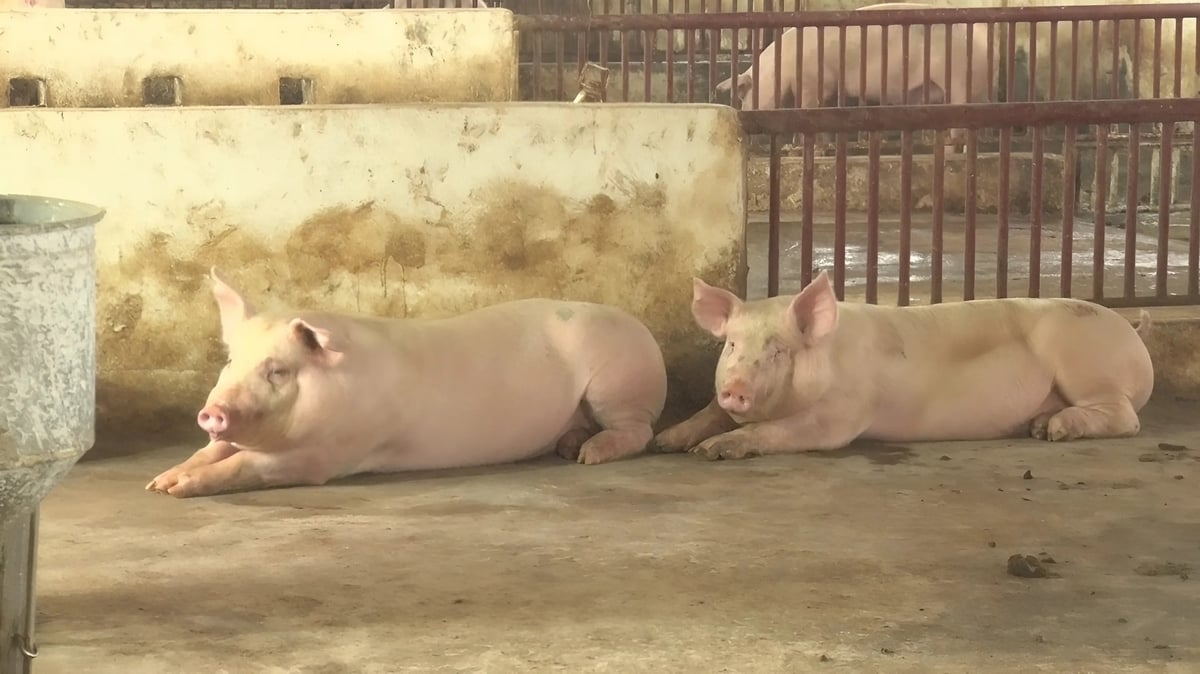
Disease-free pigs help farms significantly reduce input costs. Photo: Quang Linh.
According to Director Dao Thi Kim Quy, Thai Nguyen province is always ready to technology to households who want to convert the pig farming process using natural feed supplemented with green tea powder. Its goal is to develop specialty livestock products associated with tea trees - the strength of Thai Nguyen. Pigs fed with green tea powder are still a new concept, so local farmers recommend that Thai Nguyen province increase promotion and build the brand of this highly potential product.
Translated by Samuel Pham
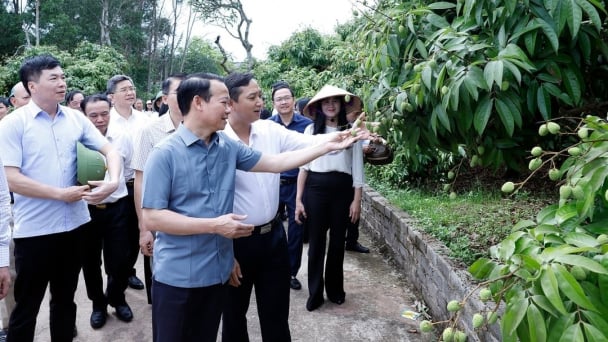
(VAN) Agriculture and environment sector experienced a 3.74% increase in growth during the first four months of 2025, with exports surpassing 21 billion USD. This growth was sustained by effective reforms and a trade surplus.
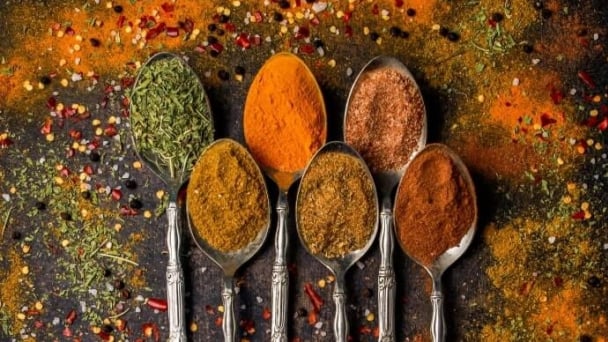
(VAN) Taiwan offers a promising market for Vietnamese turmeric; however, it enforces stringent standards, particularly concerning residual additives, colourants, and substances with potential carcinogenic effects.

(VAN) Through activities at Vietnam Sea and Island Week 2025, solutions will be developed to fully harness the potential and advantages of Vietnam's marine economy.
![Multi-channel, multi-directional Vietnamese agricultural markets: [4] EVFTA and the 0% tax advantage](https://t.ex-cdn.com/nongnghiepmoitruong.vn/608w/files/linhnhp/2025/05/12/day-chuyen-che-bien-tom-tai-1-nha-may-cua-sao-ta-205536_359-1044193.jpg)
(VAN) The near-complete elimination of import tariffs on Vietnamese goods makes the EVFTA the highest commitment the EU has ever made to a partner in its signed trade agreements.
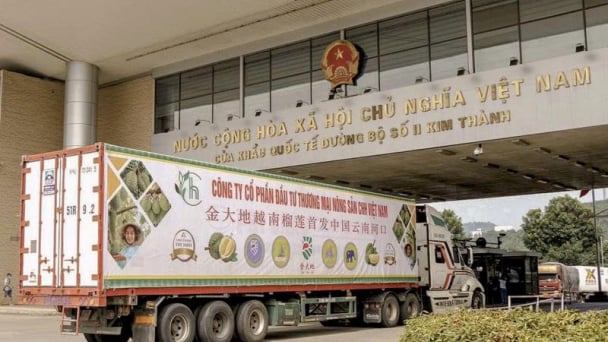
(VAN) Deputy Minister Phung Duc Tien hopes that China will facilitate the entry of Vietnamese agricultural products into its market and accelerate customs clearance at border gates.
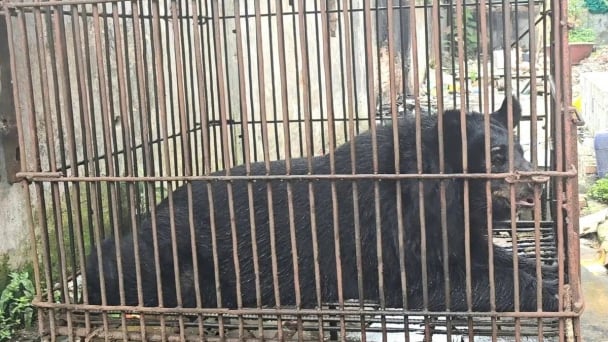
(VAN) On May 10, the Animals Asia Foundation and the Hai Phong Crop Production and Forest Protection Department successfully rescued a nearly 20-year-old sun bear that was being kept by locals.

(VAN) Does Hungary have an opportunity to expand poultry production in the coming years despite the pressure from avian influenza and challenges of the trade war?